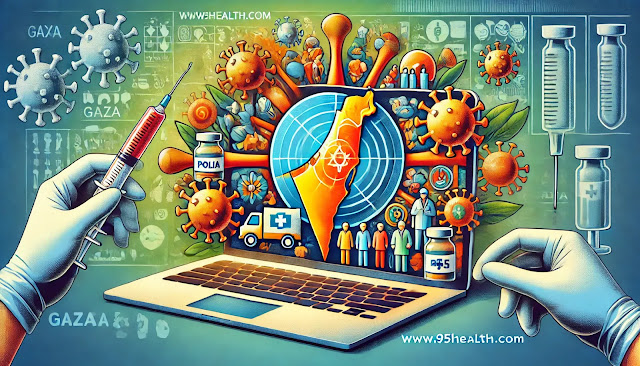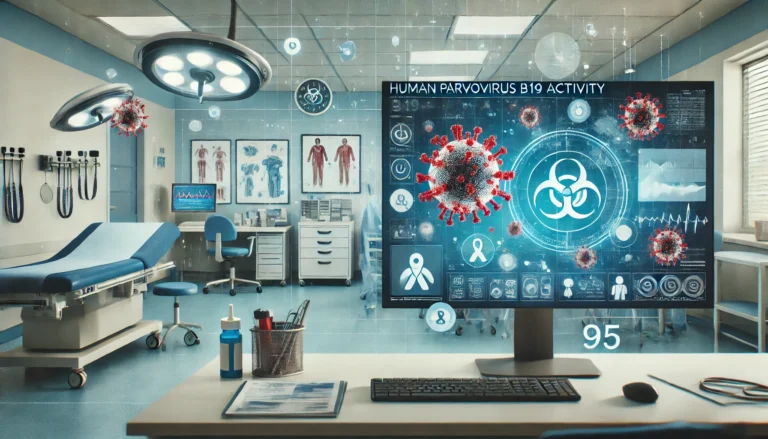Discovery of Poliovirus in Gaza: A Wake-Up Call for Global Health
Recently, the discovery of poliovirus in Gaza has raised significant concerns among health officials and the global community. This development underscores the ongoing challenges in eradicating polio, especially in conflict-affected areas.
The Situation in Gaza
The identification of poliovirus in Gaza highlights the vulnerabilities in regions with limited access to healthcare and vaccination services. In such settings, the spread of the virus can be rapid and difficult to control. The CDC emphasizes that conflicts can severely disrupt vaccination campaigns, making it challenging to protect children against diseases like polio.
Global Efforts to Combat Polio
The global fight against polio has seen remarkable progress, with the disease being eradicated in many parts of the world. However, as long as poliovirus remains in any part of the world, it poses a threat everywhere. The Global Polio Eradication Initiative (GPEI), supported by organizations like the CDC and WHO, focuses on ending polio transmission through extensive vaccination campaigns and surveillance.
The Importance of Vaccination
Vaccination remains the most effective tool in preventing polio. The CDC and other health organizations continuously work to ensure that vaccines reach every child, even in the most challenging environments. Oral poliovirus vaccine (OPV) is widely used globally, especially in areas with inadequate healthcare infrastructure, due to its ease of administration and effectiveness.
Challenges and the Way Forward
The detection of poliovirus in Gaza is a stark reminder of the need for persistent and comprehensive vaccination efforts. It also highlights the importance of international cooperation and support for health initiatives in conflict zones. Strengthening routine immunization, enhancing surveillance, and promptly responding to outbreaks are crucial steps toward eradicating polio globally.







